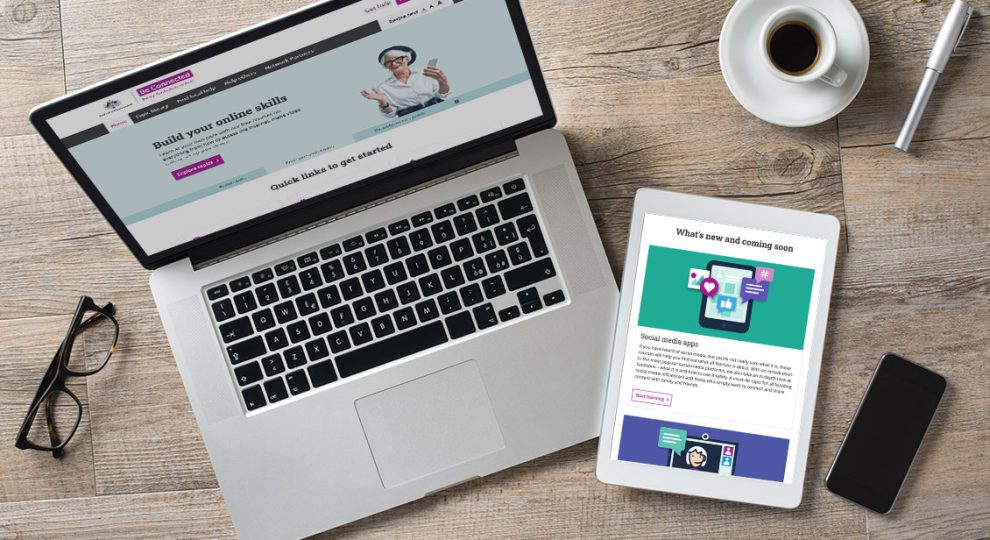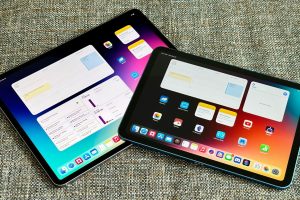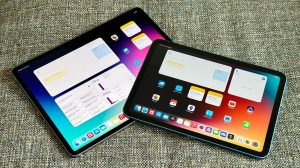In today’s tech-savvy world, the choice between a tablet and a laptop has become increasingly challenging. Both devices offer distinct advantages, and the decision depends on your specific needs and preferences. This article will help you navigate the tablet vs. laptop dilemma and guide you in selecting the right device for your requirements.
Tablets: The Pros and Cons
Pros:
- Portability: Tablets are incredibly lightweight and portable. They slip easily into bags and are perfect for on-the-go use.
- Touchscreen: The touchscreen interface is intuitive and user-friendly, making tablets great for casual browsing, media consumption, and gaming.
- Battery Life: Tablets generally offer longer battery life compared to laptops, making them ideal for extended use without needing to charge frequently.
- Instant Start: Tablets boot up quickly, allowing you to access content or apps in a matter of seconds.
Cons:
- Limited Productivity: Tablets are primarily designed for content consumption rather than content creation. While productivity apps are available, they might not match the capabilities of a laptop for certain tasks.
- Smaller Screen: The smaller screen size may be limiting for tasks that require multitasking or complex document editing.
- Limited Software Compatibility: Tablets often run on mobile operating systems, which means some software and applications available for laptops might not be accessible on tablets.
Laptops: The Pros and Cons
Pros:
- Versatility: Laptops are versatile devices suitable for a wide range of tasks. They excel at content creation, coding, professional software use, and multitasking.
- Full Keyboard: Laptops come with full-sized keyboards, making them more comfortable for extended typing sessions.
- Bigger Screen: The larger screen provides more real estate for productivity, making laptops the preferred choice for tasks like video editing, graphic design, and programming.
- Robust Software Support: Laptops run on operating systems like Windows or macOS, offering access to a vast library of software and applications.
Cons:
- Portability: Laptops are heavier and bulkier than tablets, which can make them less convenient for travelers or on-the-go users.
- Battery Life: Laptops usually have shorter battery life compared to tablets, necessitating more frequent charging.
- Startup Time: Laptops tend to have a longer startup time compared to tablets, which can be inconvenient when you need quick access to information.
Choosing the Right Device
The choice between a tablet and a laptop largely depends on your specific needs and how you plan to use the device. Here are some considerations to help you decide:
- Intended Use: If you primarily need a device for content consumption, web browsing, and casual tasks, a tablet might suffice. If your needs include content creation, heavy multitasking, or professional software use, a laptop is the better choice.
- Portability: Consider how often you need to carry the device. If you need something lightweight and easy to transport, a tablet is more suitable. If you can tolerate a bit more weight for enhanced functionality, a laptop might be preferable.
- Budget: Tablets are often more affordable than laptops, but the price can vary widely. Determine your budget and explore options within that range.
- Software Requirements: If you rely on specific software applications that are not available on mobile operating systems, a laptop is the logical choice.
- Screen Size: Assess how comfortable you are with the screen size for your intended tasks. For video editing or graphic design, a laptop’s larger screen may be necessary.
In conclusion, the choice between a tablet and a laptop depends on your needs, preferences, and how you plan to use the device. Both have their strengths and limitations, so consider your lifestyle and work requirements to make an informed decision.














Add Comment